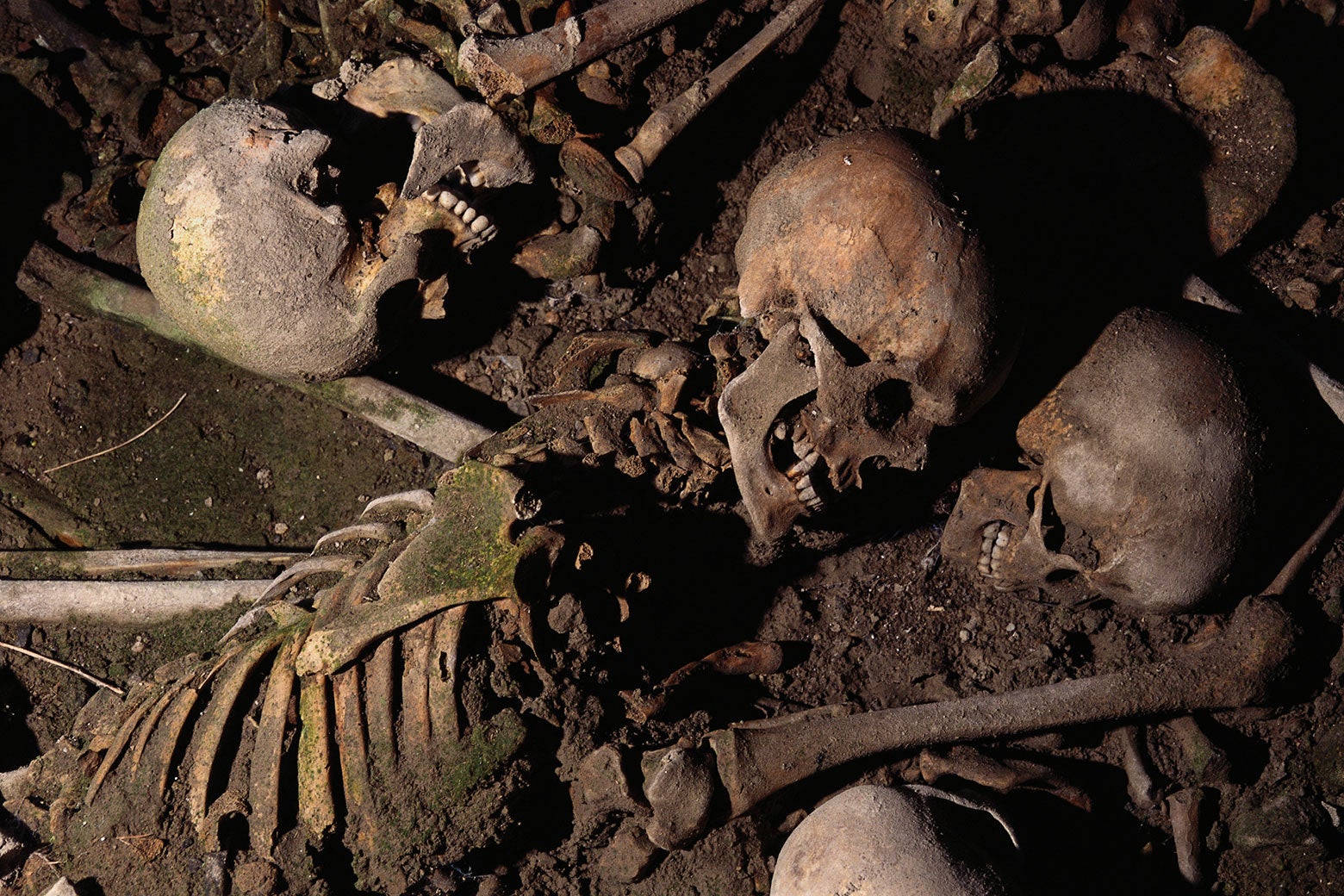Now Reading: Yes, Humans as a Species Are Headed for Disaster. I Have a Lot of Hope for What Will Come Next.
-
01
Yes, Humans as a Species Are Headed for Disaster. I Have a Lot of Hope for What Will Come Next.
Yes, Humans as a Species Are Headed for Disaster. I Have a Lot of Hope for What Will Come Next.

A writer who used to wish for human extinction has changed their perspective after working on a book about apocalypses. The author was previously fearful of climate change and the bleak future it could bring, but had a glimmer of hope that maybe humans going extinct could be a solution. However, after researching and writing about various catastrophic events throughout history, the writer realized that apocalypses often led to cooperation, reinvention, and resilience among communities. The book, titled “Apocalypse: How Catastrophe Transformed Our World and Can Forge New Futures,” delves into stories of tragedy but also highlights human creativity and determination in the face of adversity.
The author’s shift in mindset began when exploring the extinction of Neanderthals, revealing that Homo sapiens carry Neanderthal DNA in their genomes, making them distant relatives. This discovery challenged the writer’s previous belief that humans were solely responsible for the demise of Neanderthals. The research prompted a reflection on the potential for collaboration and adaptation in times of crisis, emphasizing the importance of forming new communities and societies rather than resorting to destructive behaviors.
The writer now advocates for approaching the future with optimism and actively working towards positive change, rather than passively hoping for human extinction as an easy way out. By envisioning and striving for better futures, individuals and communities can evolve and thrive in the face of challenges. The author emphasizes the need to shift away from a society focused on endless resource extraction towards a more sustainable and resilient way of living.






